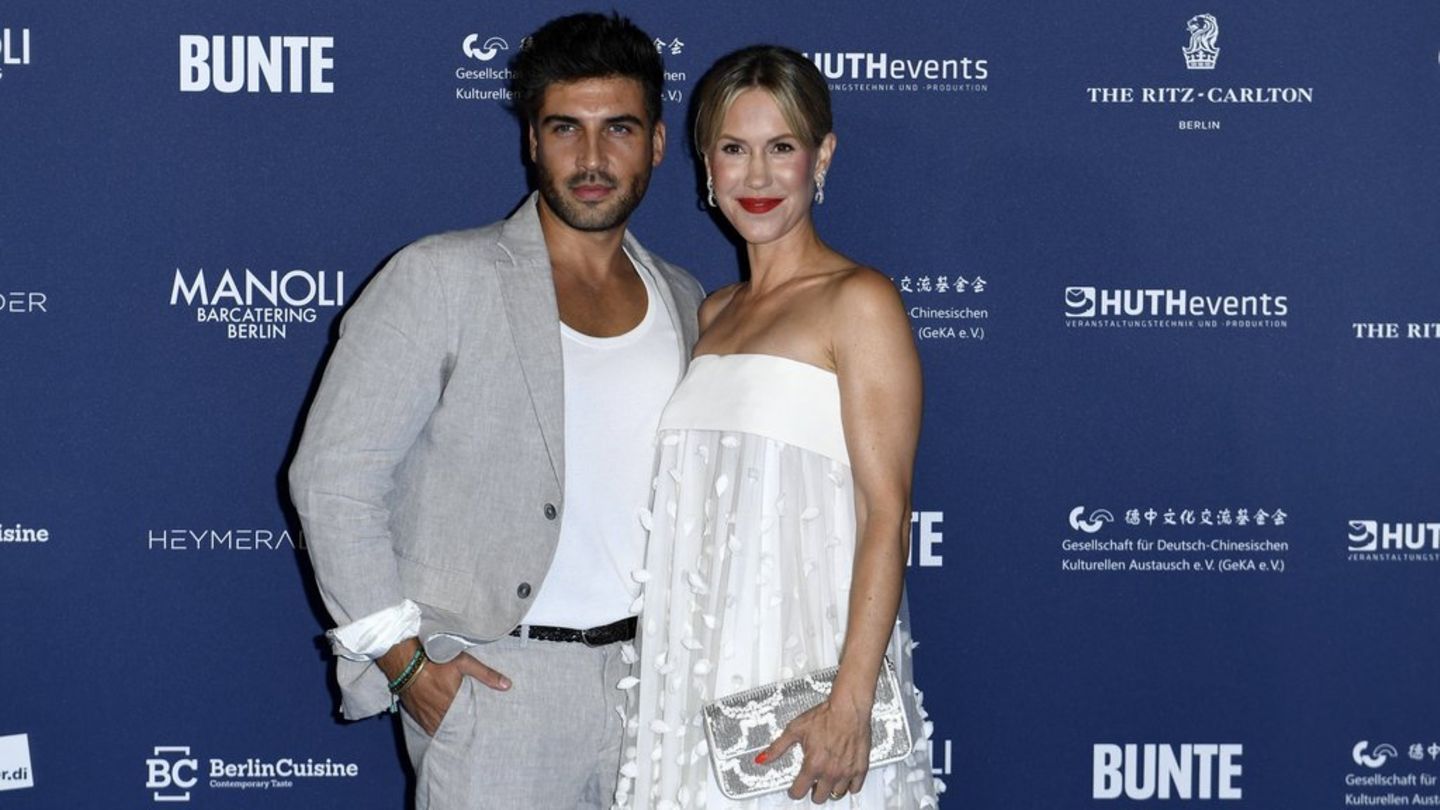More of 30,000 Argentines They processed the residency in Uruguay during the last year of the government of Mauricio Macri and the four years that the government of Alberto Fernandez in the neighboring country, with the Covid-19 pandemic as a turning point.
The official data of the Ministry of Foreign Affairs and the National Immigration Directorate They are a photo of the role he played Uruguay as a refuge during the deterioration of the economic situation in Argentina During recent years: until October 2023, applications to obtain Uruguayan residency by Argentines were 28,942 since 2020, the first year that Alberto Fernández governed completely. If 2019 is also considered – although Mauricio Macri governed for more than 11 months that year – the figure rises to 30,870 requests.
Although this does not mean that all the people who requested to live in Uruguay they no longer do it in Argentina —many come and go between countries on a regular basis, taking advantage of their proximity—, the increase that has been registered since the beginning of the Covid-19 pandemic is significant, in the management of which the governments on both sides of the Silver river.
In this way, between January and December 2019, the number of applications for Uruguayan residency was 1928, while the following year the number shot up to 5,335 with the beginning of Preventive and Mandatory Social Isolation (ASPO). Starting that year, along with the circulation limitations due to the pandemic that were then progressively lifted, the economic restrictions and, above all, the exchange market.
The consequences of economic policies can be seen in the jump in applications that was registered in 2021, when they reached 8,905; and even more so during 2022, when they were 11,016 Argentines who processed the residency in Uruguay. However, between January and October 2023, these were barely 3,686, while many decided to wait for the result of the presidential election in a year in which the ruling party was not the favorite force at almost any time.
The elections set the pace
The truth is that the electoral future also strongly marked the behavior of Argentines in terms of consultations to reside in Uruguay. This could be seen, above all, after the general elections of October 22, where the Minister of Economy and official candidate Sergio Massa He surpassed by 7 points the one who would finally be elected president in the second round, Javier Milei.
In that sense, the phones of Uruguayan consulting and real estate companies had begun to ring even in the early hours of October 23, just hours after the first results of the general elections in Argentina and as the definitive trends were consolidated.
In that first first post-election week, there were 11 families that contacted the International College, as he said then Rolando Rozemblum, president of the Maldonado Business Chamber and owner of the school, Ambit. To account for the significance of the number, he noted that “last year, throughout the month of October we received formal inquiries from 20 families.” This means that, in just three days after the general elections in the neighboring country, he received a 55% of the total volume of inquiries average for the month.
This trend was also observed in the increases in queries indicated by the company Anderson, which deals with domicile and tax residency issues; and real estate Covelo.
The queries for tax aspects They also had a large increase, especially on the Monday and Tuesday after the general elections, as confirmed by the accountant Diego Vuille Lafourcade. In comparative terms, he pointed out that the “boom” in calls is similar to what occurred between 2020 and 2021, in the midst of the pandemic, attracted by the exchange security and the “clear rules of the game” it offers Uruguay.
The trend changed significantly after the runoff and the confirmation that next Sunday it will be Milei who sits in Rivadavia’s chair, in the Casa Rosada.
“Here there were two main panoramas, that of Milei and that of Massa,” Rozemblum told this medium; and he elaborated: “With Massa, migration would be a more visceral, less thought-out, more reactionary migration; and with Milei, that migration so far is not happening, it is expected that people will at least take some time to evaluate the situation.”
“You imagine some opportunities inherent in the economic freedom of Argentina”, he added, giving an account of the profile of the Argentines who had been consulting about the opportunities of Uruguay: closer to a free market conception—in terms of exchange rates, taxes and trade—and not necessarily suffocated by the deteriorated economic situation of their country.
As for the investments or tax consultations, these did not observe an increase either, as confirmed by Vuille Lafourcade. “Those people who had called and had not made a decision did not do so again,” said the accountant regarding the days of the post-election period in Argentina.
However, “it is something that is usually repeated”: “There are a large number of calls when the uncertainty of who is going to win, regardless of the political sign. Then they calm down for two or three years, if they did not meet the announced objectives,” Vuille considered, based on the experience of previous elections in Argentina.
Source: Ambito




